Lesson 1: The "guides" in Pom Mo Tho
Pom Mo Tho - a poor border village of Thanh Chan commune ( Dien Bien district) has 10 ethnic groups living together, of which the Tay and Nung people account for more than 70%. Many years ago, Pom Mo Tho was considered a "depression" in poverty reduction of the commune and district. However, now Pom Mo Tho is mentioned as a "bright spot" in this work, thanks to special "guides".

Consider people's affairs as your own affairs
For over a year now, every new day of Mrs. Nong Thi Sam has started by herding two cows to the field. Around noon, when the cows' bellies are full, Mrs. Sam leads them back to the barn. Looking at the family's biggest "asset", her eyes shine with happiness. Since living with Mr. Hua Van Khen, and giving birth to three children, she has never "owned" anything worth millions, let alone a cow worth tens of millions of dong.
According to Mrs. Sam, this happiness is thanks to party member Nong Van Thuan. “In 2022, my family was accompanied and helped by Mr. Thuan. Initially, he connected programs to support the family with a breeding cow raised in a rotational form. After more than 1 year of care, under Mr. Thuan's close supervision and guidance, the cow not only grew well but also gave birth to 2 litters. I have rotated 1 cow to another family, now the remaining 2 cows are owned by the family!” - Mrs. Sam happily boasted.

Mr. Khen - Mrs. Sam's husband, has a different joy. The mud-walled hut, less than 30 square meters wide , not enough to shelter his wife and children from the rain and sun, has made him ashamed for many years. Now he is proud of his newly built, solid house, including 3 bedrooms and 1 living room, completed at a cost of more than 100 million VND. Of which, the Vietnam Fatherland Front of Thanh Chan commune supported 20 million VND, the remaining amount was saved by the family and supported by relatives and neighbors in the village, helping with labor. Since having a new house, whenever people in the village pass by, Mr. Khen confidently invites them in to visit.
Mentioning Mr. Thuan with affection and full of trust, Mr. Khen said: “My family has today thanks to the care and support of the Party and the State. Directly, specifically, Mr. Thuan has guided and shown the way. Otherwise, we don’t know how long we would have been stuck in poverty!”. According to Mr. Khen, Mr. Thuan not only connected with breeding cows and built houses, but also helped family members find suitable jobs, creating a stable income.

Before taking on the task of supporting Mr. Khen and Mrs. Sam's family, party member Nong Van Thuan had been troubled for many days. After that, he spent every day taking care of the organization, and after work he returned to Mr. Khen's house. At first, his wife did not understand, so she did not sympathize, often nagging and sulking when her husband came home late; even loudly telling him that instead of taking care of the house, he was taking care of other families. He explained to his wife that his children were grown up and his finances were stable, so he did not have to worry too much. If someone needed him, he would help, it would not cost him anything and he would gain the friendship of the neighborhood. Not to mention, this was also the duty and responsibility of a party member. Then his wife understood, even shared and actively supported her husband.
Being close and sharing a lot helped Mr. Thuan understand the situation, thoughts, wishes and "difficulties" of Mr. Khen and his wife in order to have appropriate help. Both of them were almost "illiterate", lacked knowledge of economic development, had no stable jobs, and had unstable income, so they were on the list of poor households for many years. Determining the core cause was the lack of knowledge and production experience, Mr. Thuan borrowed books, documents, watched TV programs on farming knowledge to guide Mr. Khen in researching and learning. Next, Mr. Thuan encouraged Mr. Khen's family to grow vegetables in the vacant land around the house, first to serve their needs, and then sell the surplus to increase their income. Another part of the area was used to grow elephant grass, proactively providing food for cows. With Mr. Khen's two sons, Mr. Thuan regularly met and encouraged them to participate in vocational training classes, and at the same time provided suitable career guidance.
With Mr. Thuan's support, by the end of 2022, Mr. Khen's family officially escaped poverty. Recently, also thanks to Mr. Thuan's introduction, Mr. Khen boldly borrowed capital from the Policy Bank to develop livestock farming.
Identify specific address and tasks
Pom Mo Tho village has 68 households, 276 people of 10 ethnic groups such as: Tay, Nung, Khmer, Kinh, Thai... Along with the diversity of cultural colors is a big challenge in management and operation, especially in implementing programs, projects, policies...
Mr. Ngoc Van Duong, Deputy Secretary of the Party Cell, Head of Pom Mo Tho village, said: Before implementing the policy of assigning party members to be in charge of helping poor households, the Party Cell conducted a general review of the whole village. From there, it analyzed, found the causes and divided them into different groups. There are poor groups due to lack of production materials, lack of land, lack of knowledge, lack of capital; there are groups due to old age, illness, and lack of people. However, there are also cases of waiting and relying on others. From the divided groups, the Party Cell selected households with the potential to escape poverty to focus on supporting. Each poor household in the village has 1-2 party members to accompany them. One party member is arranged to be a relative or someone close to the family for easy access, exchange and help. In addition, based on the actual situation, the Party Cell organized discussions, issued resolutions and assigned party members to be in charge of poor and near-poor households to ensure suitability with conditions, circumstances, working capacity and health.

“Over the years, with the support resources, the number of poor households in the village has decreased significantly. However, there are still some households that have not been able to escape poverty. These cases all have special circumstances, are lazy, and dependent. Helping them to escape poverty is an extremely difficult task, requiring great responsibility from each party member assigned to be in charge,” said Mr. Ngoc Van Duong.
The first task of each party member is to mobilize poor households to voluntarily escape poverty and commit to accompanying them. Based on the initial survey, party members develop a plan to help, choose specific, practical and suitable actions, such as: Support for tools, means, production materials, seedlings; loans; connection to request materials, construction materials for livestock barns, household appliances; guidance on how to do business, transfer of technical technology, production experience; vocational training advice; repair and improve housing, access to social services for poverty reduction (preferential credit, support for education, health, law...).
After more than 1 year of assigning party members to be in charge of poor households, assigning addresses and specific tasks, Pom Mo Tho village has reduced 2 poor households and 2 near-poor households. The number of poverty reduction is not large, but according to the assessment of the local Party Committee and government, it is a breakthrough for a village with many difficulties like Pom Mo Tho. Moreover, the greatest gain is that the people's trust in the Party through the image of each party member here is becoming increasingly steadfast!

Lesson 2: Strange story in the "super poor" village
Source





![[Photo] Urgently help people soon have a place to live and stabilize their lives](/_next/image?url=https%3A%2F%2Fvphoto.vietnam.vn%2Fthumb%2F1200x675%2Fvietnam%2Fresource%2FIMAGE%2F2025%2F12%2F09%2F1765248230297_c-jpg.webp&w=3840&q=75)


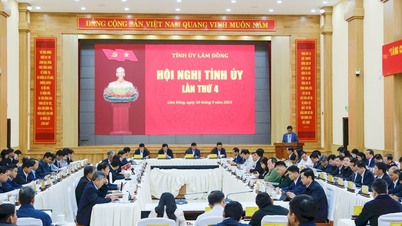

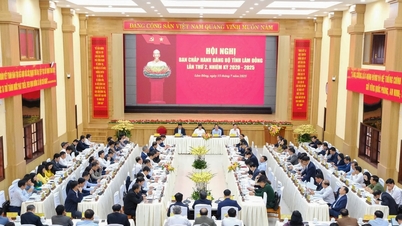


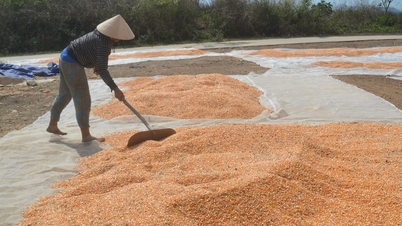
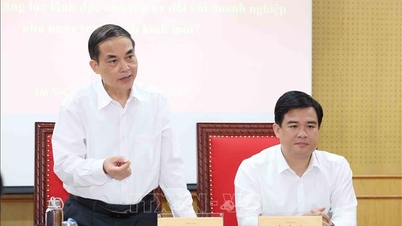

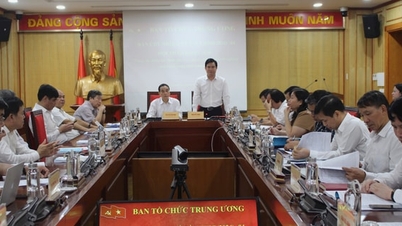

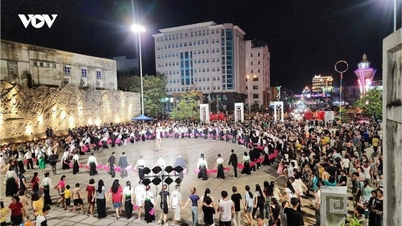




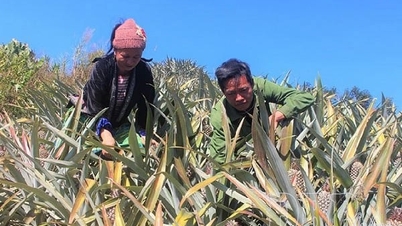
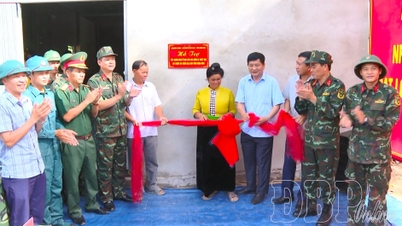






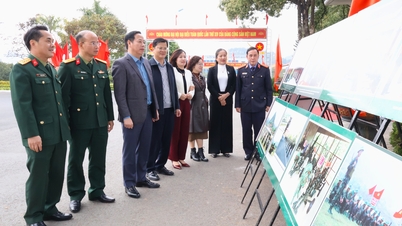
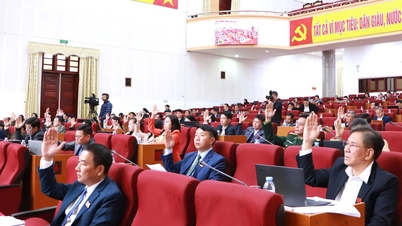
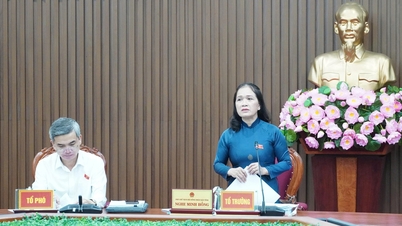

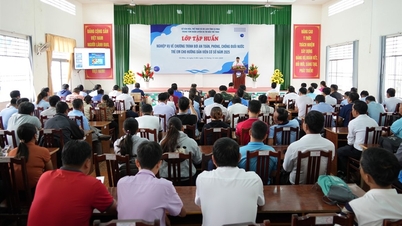

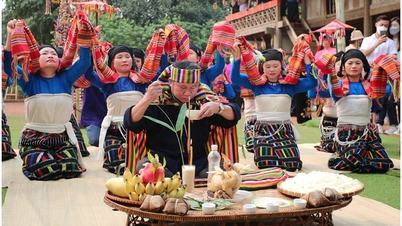



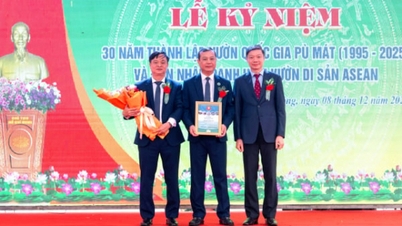


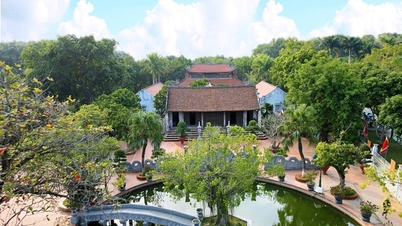
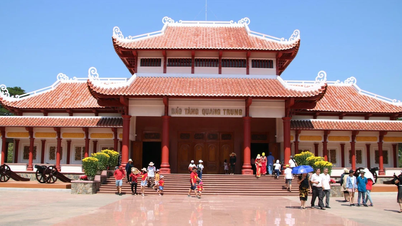

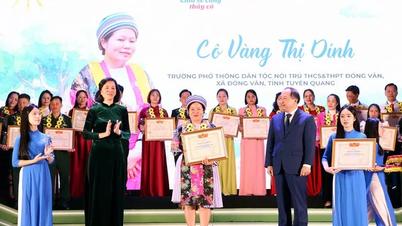

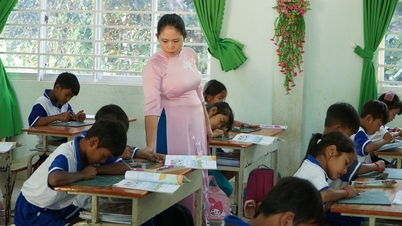

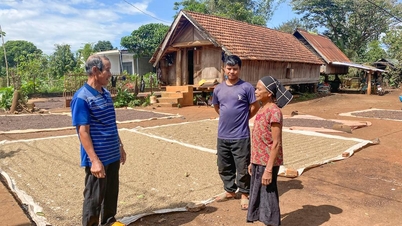


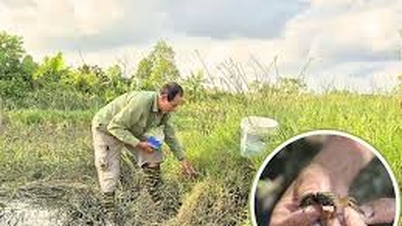

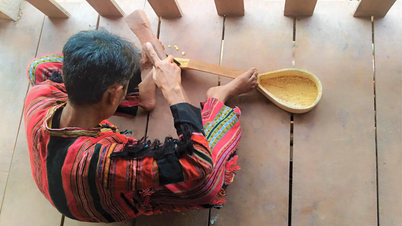



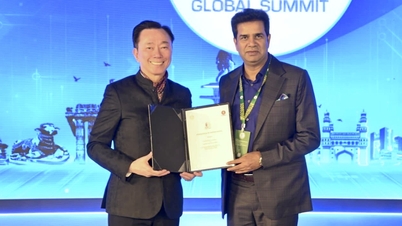

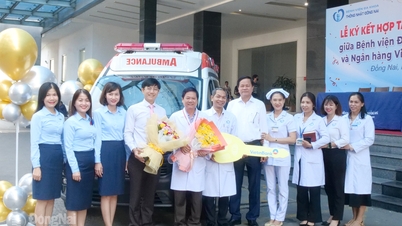

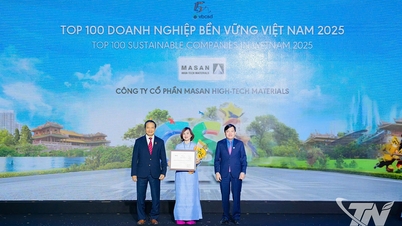


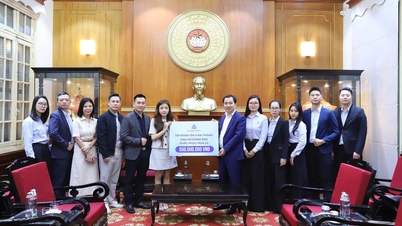











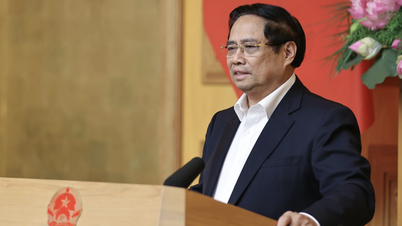

![[Photo] General Secretary To Lam works with the Standing Committees of the 14th Party Congress Subcommittees](https://vphoto.vietnam.vn/thumb/402x226/vietnam/resource/IMAGE/2025/12/09/1765265023554_image.jpeg)








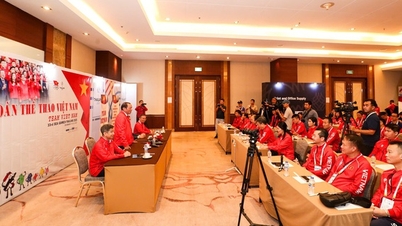

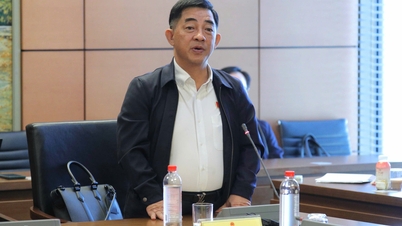


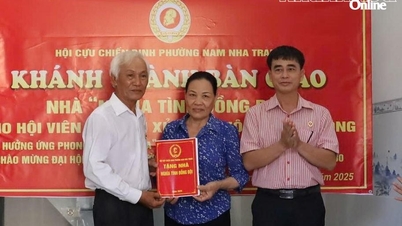



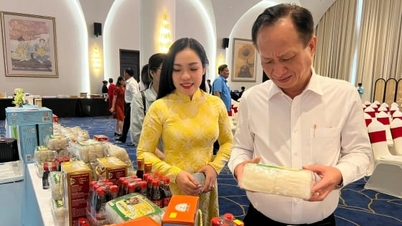















Comment (0)